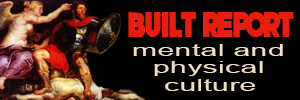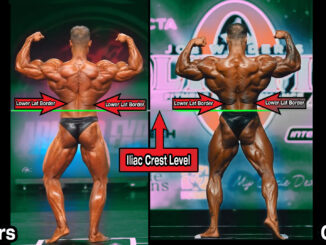
First Amendment Auditors, a group of individuals who often document their interactions with law enforcement and public officials while exercising their right to record video and take photos in public spaces, have become a notable presence on platforms like YouTube. They aim to educate the public about the First Amendment, which protects their right to observe and record public servants in the course of their duties while on duty.
In this particular scenario, we witness First Amendment Auditor Ely engaging in one of his typical recording sessions, capturing various interactions with people and law enforcement officials in public areas. His objective is to test and document whether people respect his First Amendment rights to record and take photos while in public spaces, and this includes interactions with anyone and everyone he encounters.
One fundamental aspect of First Amendment Auditors’ work is the legal principle that a camera is an extension of the human eye. This principle underscores the right to observe and record events in public spaces. Legally, one cannot trespass the eye, meaning that it is not permissible to prevent someone from recording you in a public area any more than you can prevent them from looking at you. This fundamental concept extends not only to public property but also to the recording of private property from public locations.
The key idea here is the absence of an expectation of privacy in public spaces. People have the responsibility to create their own privacy in such environments. In the United States, this principle is rooted in the First Amendment, but it’s essential to recognize that legal perspectives on this issue may vary from one country to another.
The scenario described features who we’ll call “Mr. Olympia”, who takes offense to being recorded by First Amendment Auditor Ely. He asserts his view that the recording should be deleted. However, Ely, who is well-versed in the principles of First Amendment rights, holds a different perspective. He asserts his legal right to record, standing firmly on the ground that as long as he is situated on public property, he has the right to record anything that is visible to the human eye.
This encounter underscores the complex and sometimes contentious interactions between individuals exercising their First Amendment rights and those who may not fully understand or agree with the principles involved. These encounters often lead to discussions, confrontations, or even legal actions, as each party seeks to uphold their interpretation of rights and responsibilities.
The work of First Amendment Auditors continues to stimulate important discussions and raise awareness about civil liberties, legal boundaries, and the evolving role of technology in public spaces, with the goal of empowering individuals to assert their rights and hold public officials accountable for their actions. While these auditors document various reactions, it’s essential to recognize that the First Amendment and its interpretation in the context of modern technology remain subjects of ongoing public discourse and debate.
First Amendment Auditor Ely records anyone and everyone. “Mr. Olympia” takes it personally and insists that Ely delete his video. Ely has other ideas. Start at 1:25:55
To his credit, he is built a little like Tony Pearson at 65:




Be the first to comment